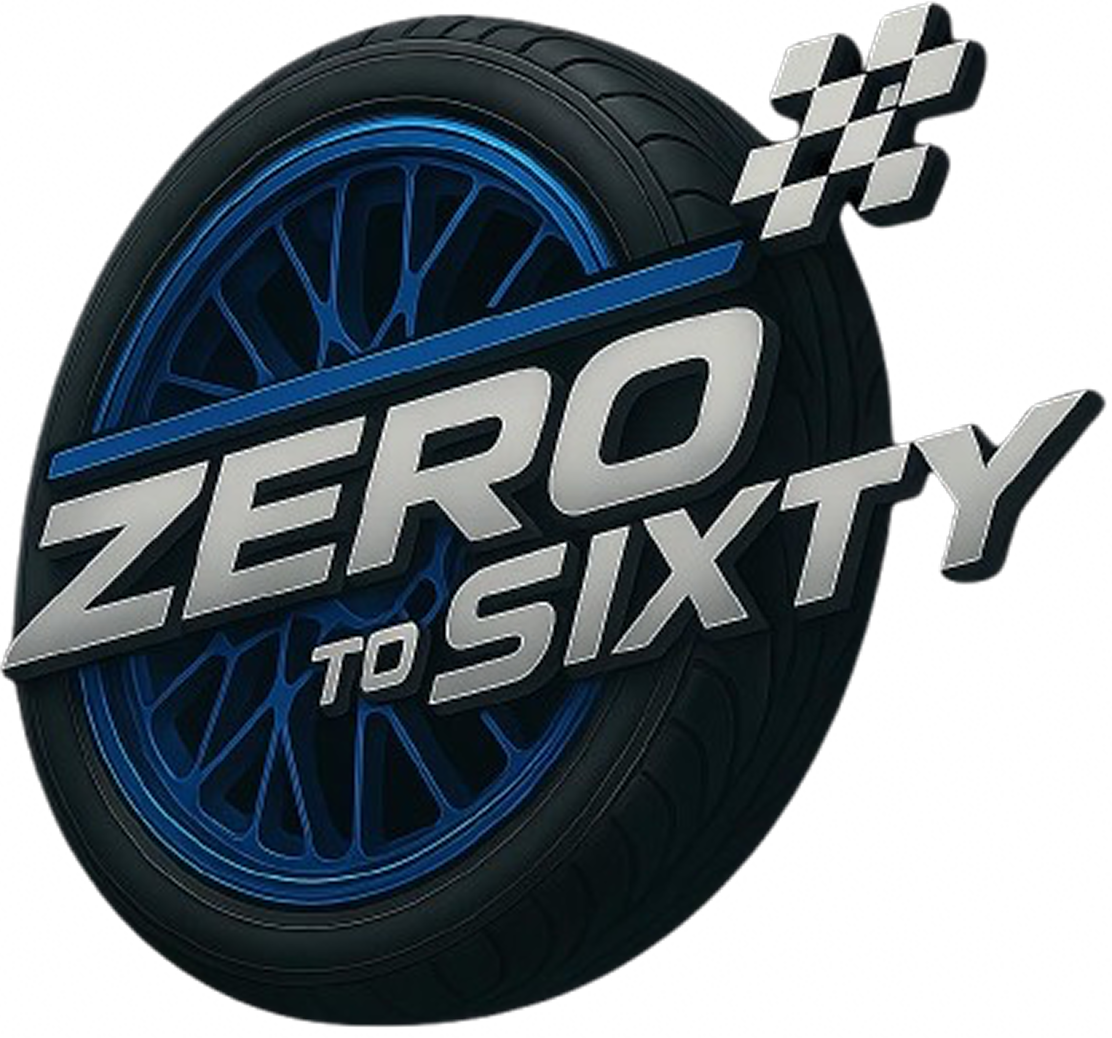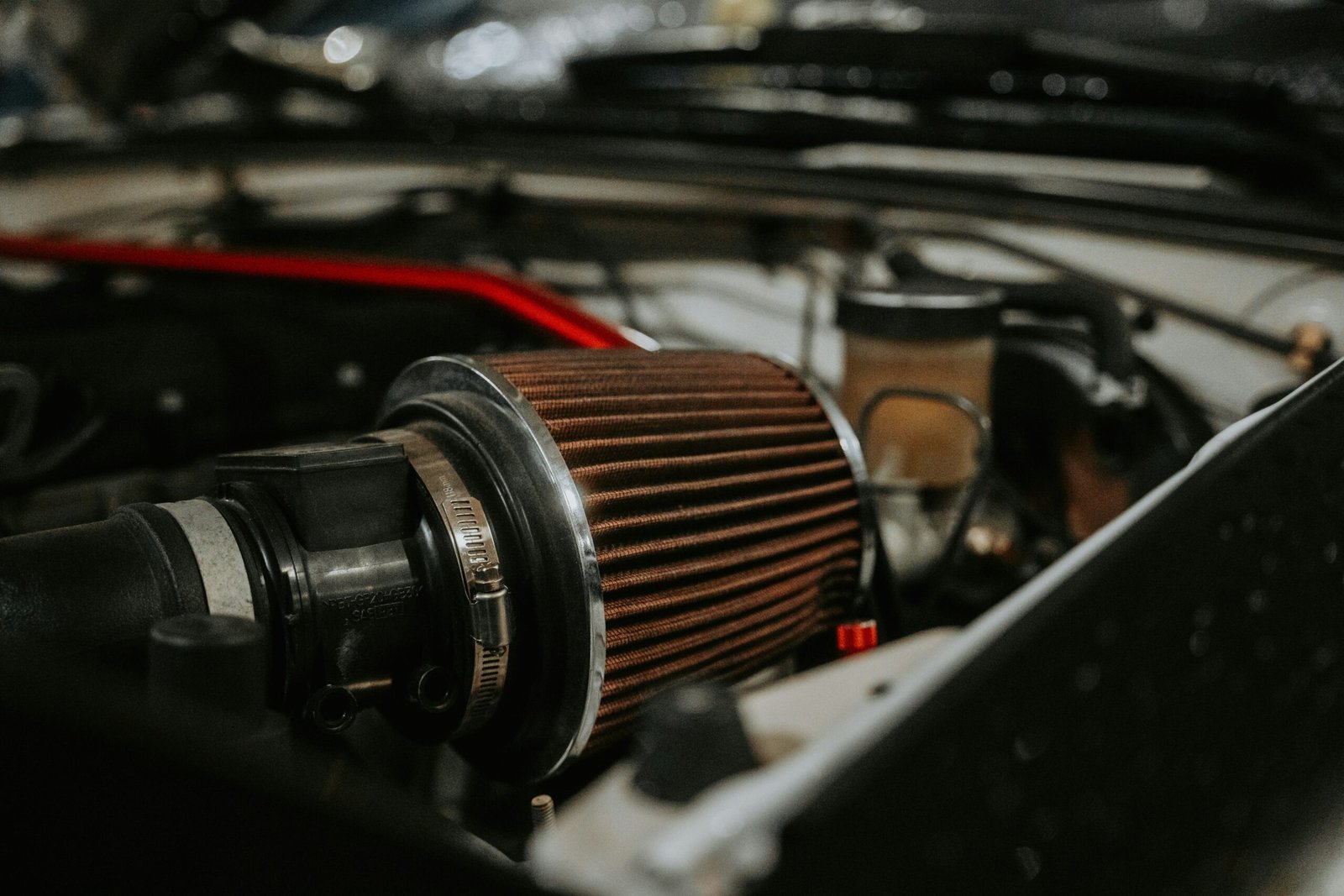Let’s be honest: most Nigerian drivers don’t think about their fuel filter until the car starts jerking or refuses to start at all. By then, it’s too late — and you’re stranded somewhere between Ojuelegba and nowhere.
But here’s the thing: your fuel filter is one of the most underrated components keeping your car running smoothly. If it’s dirty or clogged, your entire engine performance suffers.
In this post, we’re breaking down what your fuel filter actually does, how to know when it’s dirty, and why ignoring it could cost you more than a tank of fuel.
What Exactly Does the Fuel Filter Do?
The fuel filter’s job is simple but crucial: it filters out dirt, rust, and debris from the fuel before it gets into your engine.
In Nigeria — where fuel quality is not always guaranteed and petrol stations may have sediment in their tanks — your filter is literally fighting for your car’s life.
Signs Your Fuel Filter Needs Attention
- Delayed starting or hard start: If your car takes longer to start, especially in the morning, your fuel may not be flowing freely.
- Jerking when driving: A common sign, especially when accelerating. It feels like your car is hesitating.
- Reduced fuel efficiency: Dirty fuel filters can cause inconsistent fuel delivery, making your engine work harder — and consume more petrol.
- Loss of power on hills or speed bumps: If you feel your car struggle to climb or speed up, it could be due to restricted fuel flow.
Why It’s More Serious in Nigeria
Nigerian roads and fuel stations are tough on vehicles. Dusty roads, old underground tanks, and even “half-measure” fuel sales can all introduce contaminants into your system.
That means your fuel filter has more work to do — and gets dirty faster than in places with more regulated fuel systems.
When Should You Replace It?
Most manufacturers recommend replacing your fuel filter every 15,000 to 20,000 kilometers. But in Nigerian conditions, consider changing it every 10,000 to 12,000 km — especially if you drive often or in traffic-heavy cities like Lagos or Port Harcourt.
And no, flushing the filter isn’t enough. Replacing it entirely is the safest option.
How Much Does It Cost?
A new fuel filter for most cars in Nigeria costs between ₦5,000 to ₦15,000, depending on the car model. Labor might cost ₦2,000 to ₦5,000.
It’s a small price to avoid getting stuck in the rain or spending ₦150,000 fixing your fuel pump later.
Final Gist
Don’t wait until your car embarrasses you in public before checking your fuel filter. Prevention is cheaper than cure.
Your engine, your fuel economy, and your peace of mind all depend on it.
Next time you service your car, just tell your mechanic:
“Oga, abeg check the fuel filter too.”
Your car will thank you.



0 Comments